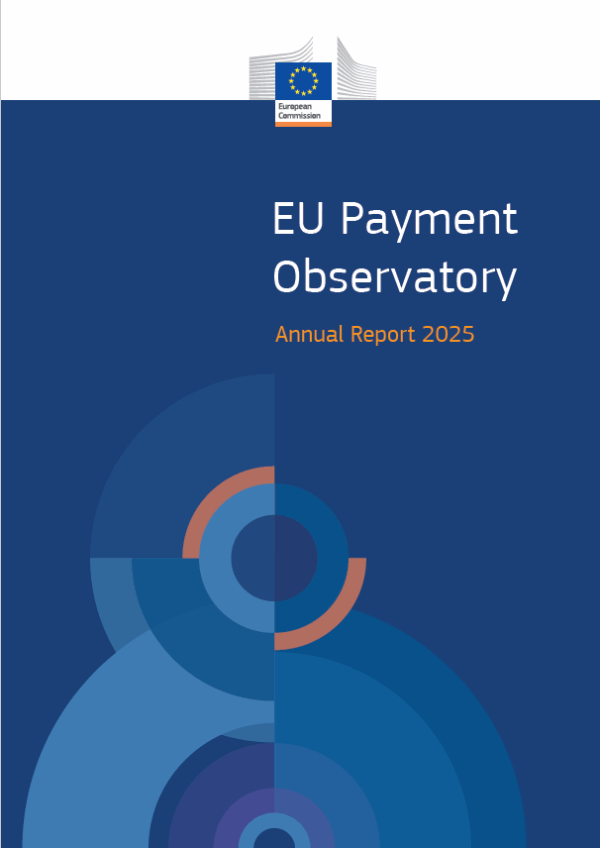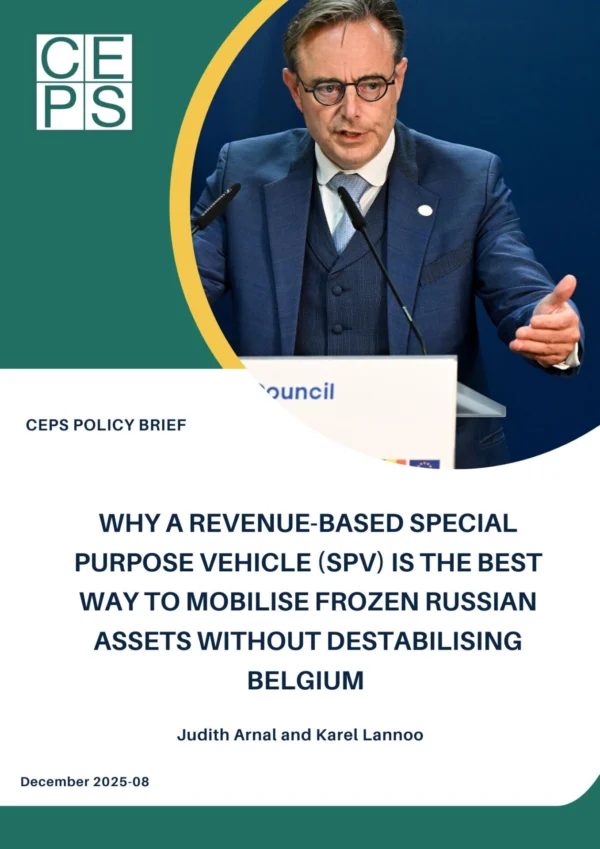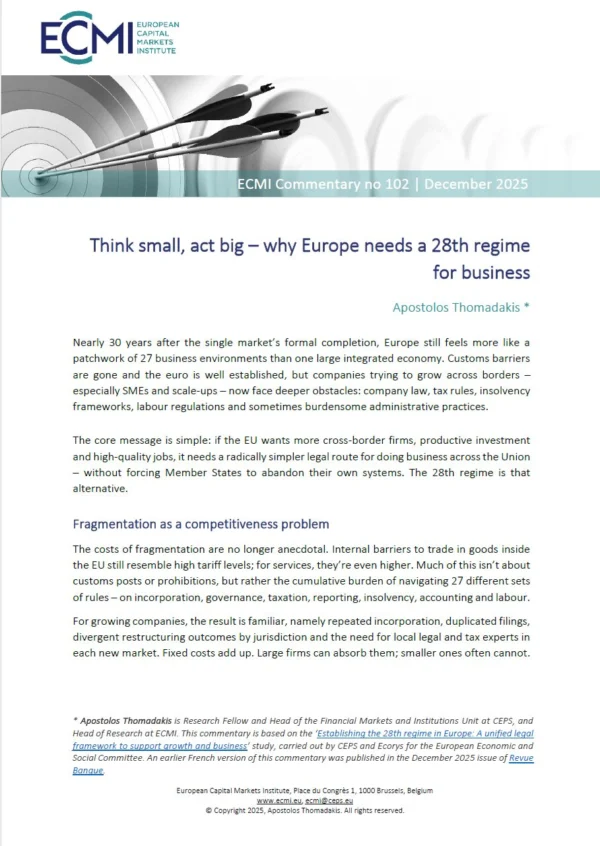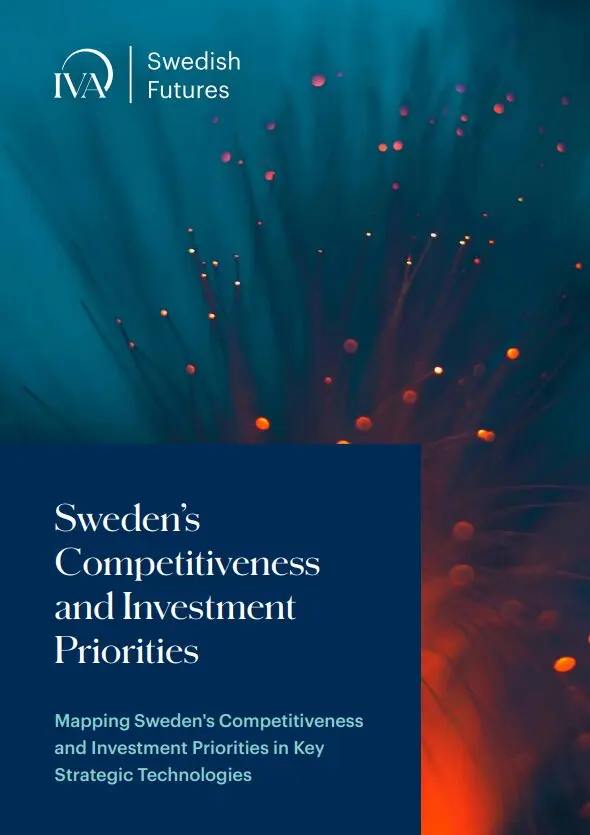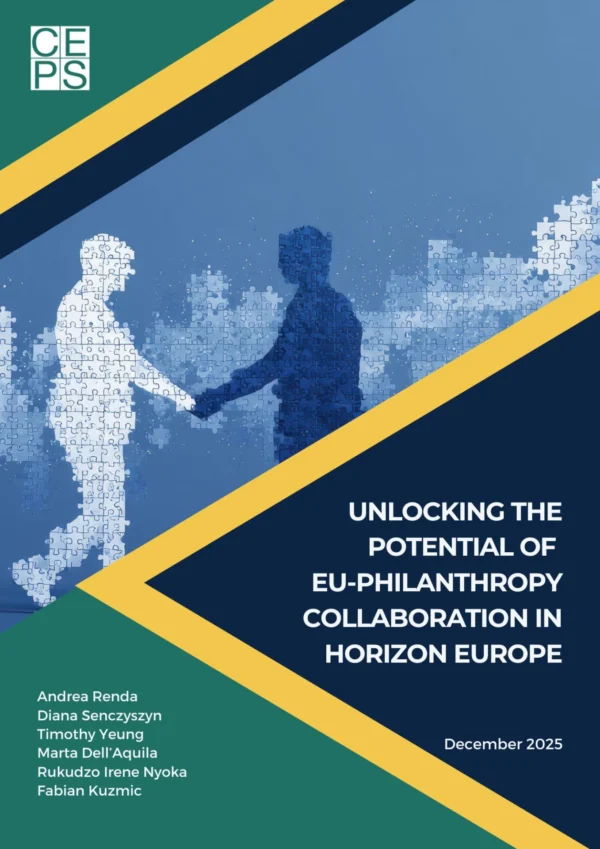This article by CEPS Associate Research Fellow Hrant Kostanyan was published in the Journal of Southeast European and Black Sea Studies (2013), Vol. 13, Issue 1, co-authored with Jan Orbie.
This paper investigates the role of the newly established ‘EU foreign ministry,’ the EEAS, in the Eastern Partnership. It focuses on the distribution of competences between the MS, the EU institutions and the Civil Society Forum. More specifically, starting from the principal–agent framework, the study examines the discretionary power of the EEAS agent with regard to the MS principals in the Eastern Partnership multilateral framework. First, the analysis points to close monitoring and tight control of the EEAS by the MS. Second, the study finds that to varying degrees, the European Commission and the European Parliament function as ‘institutional checks’ vis-à-vis the EEAS. Third, the Eastern Partnership Civil Society Forum is the primary platform for ‘third party monitoring’. By and large, the discretionary power of the EEAS vis-à-vis the MS in the Eastern Partnership multilateral track amounts to the agenda setter and for the rest decreases to the level of the highest probable denominator.



